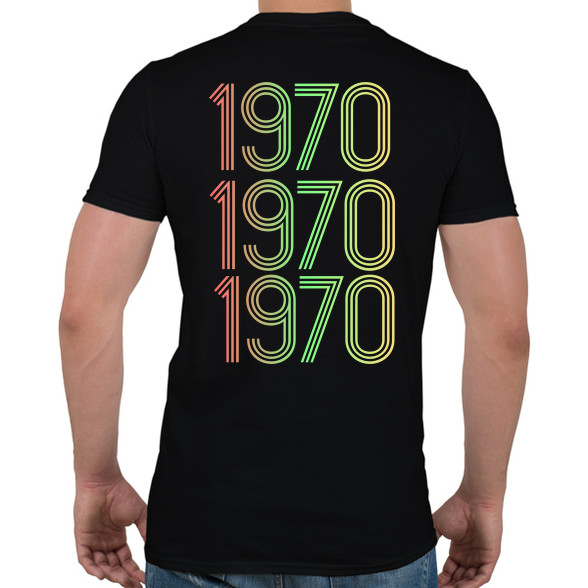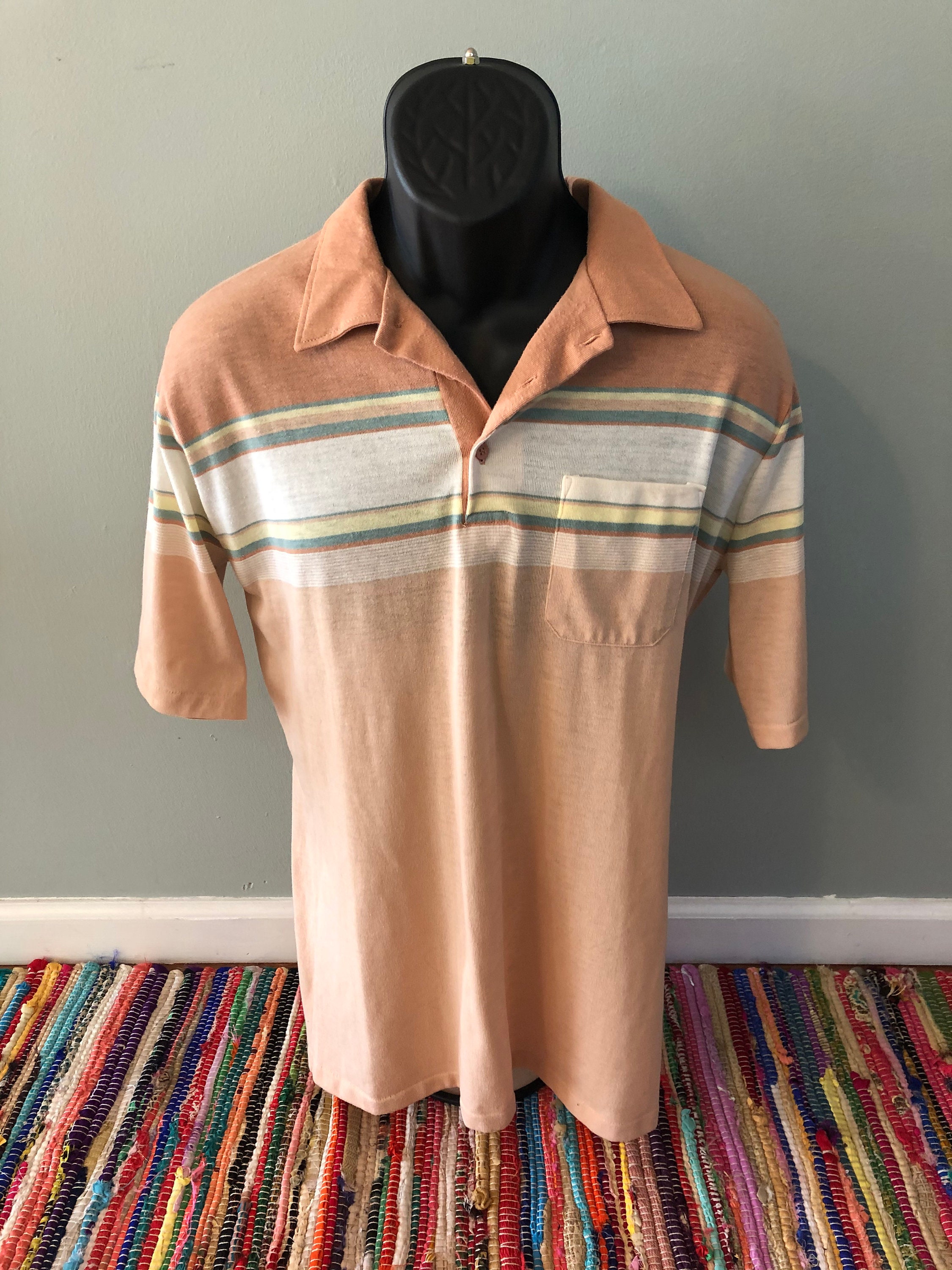
Vintage Knitting PATTERN 70s Pullover Sweater by KinsieWoolShop, $3.20 | Vintage knitting patterns, Seventies fashion, Knit fashion

Vásárlás: printfashion made-in-1970-green-grey - Női pulóver - Fehér Női pulóver árak összehasonlítása, made in 1970 green grey Női pulóver Fehér boltok





















